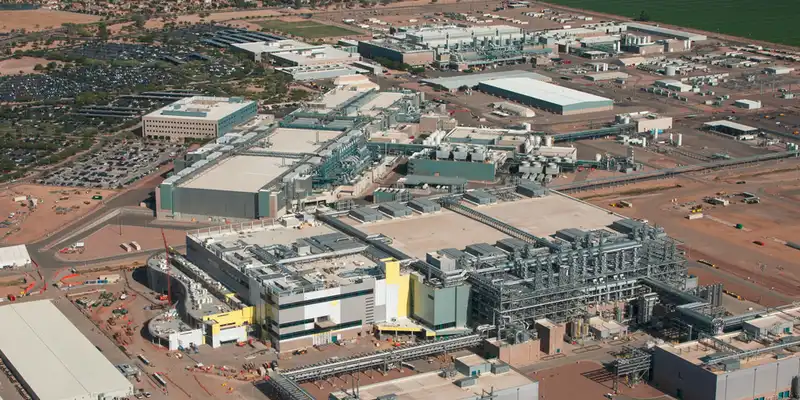The CHIPS Act was signed into law in August 2022. Its purpose is to boost U.S.-based semiconductor manufacturing, not only for commercial reasons, but also for broader strategic reasons, including a desire to reduce reliance on manufacturing in Asia. Samsung, Intel, and TSMC are to receive billions of dollars in grants and subsidies.
Bloomberg reports that Samsung could receive as much as $6 billion, TSMC more than $5 billion, and Intel as much as $10 billion in federal funding. All three companies are planning or building U.S.-based factories.
Samsung is building a 4nm EUV manufacturing facility in Taylor, Texas, which is expected to begin operations in 2025. The plant was originally estimated to cost around $17 billion, but Reuters reports that as a result of inflation and rising labor costs, the new plant will reportedly cost $25 billion to build.
However, Bloomberg's sources indicate that Samsung plans to expand beyond the Texas plant.
Intel is building a facility near Columbus, Ohio. It is also expanding its Arizona facility and opened a Fab 9 factory in New Mexico in January. The Ohio plant has suffered several delays in the past, so the CHIPS funding will be a welcome addition. According to the Wall Street Journal, the delays are partly due to the slow implementation of CHIPS funds.
For TSMC, the $5 billion earmarked is only a fraction of the company's planned $40 billion U.S. investment. The Arizona plant is under construction but faces delays, and TSMC Chairman Mark Liu told CNN that the company needs to consider "how much incentive the U.S. government ...... can provide," he said.
I don't know if I would call this extortion, but it sure sounds like it.
Now it remains to be seen how chipmakers will respond. Billions of dollars in CHIPS grants and loans would be welcome, but compared to the overall cost of these state-of-the-art facilities, it is questionable whether they will be sufficient incentive for chipmakers to continue their long-term investments.


Comments